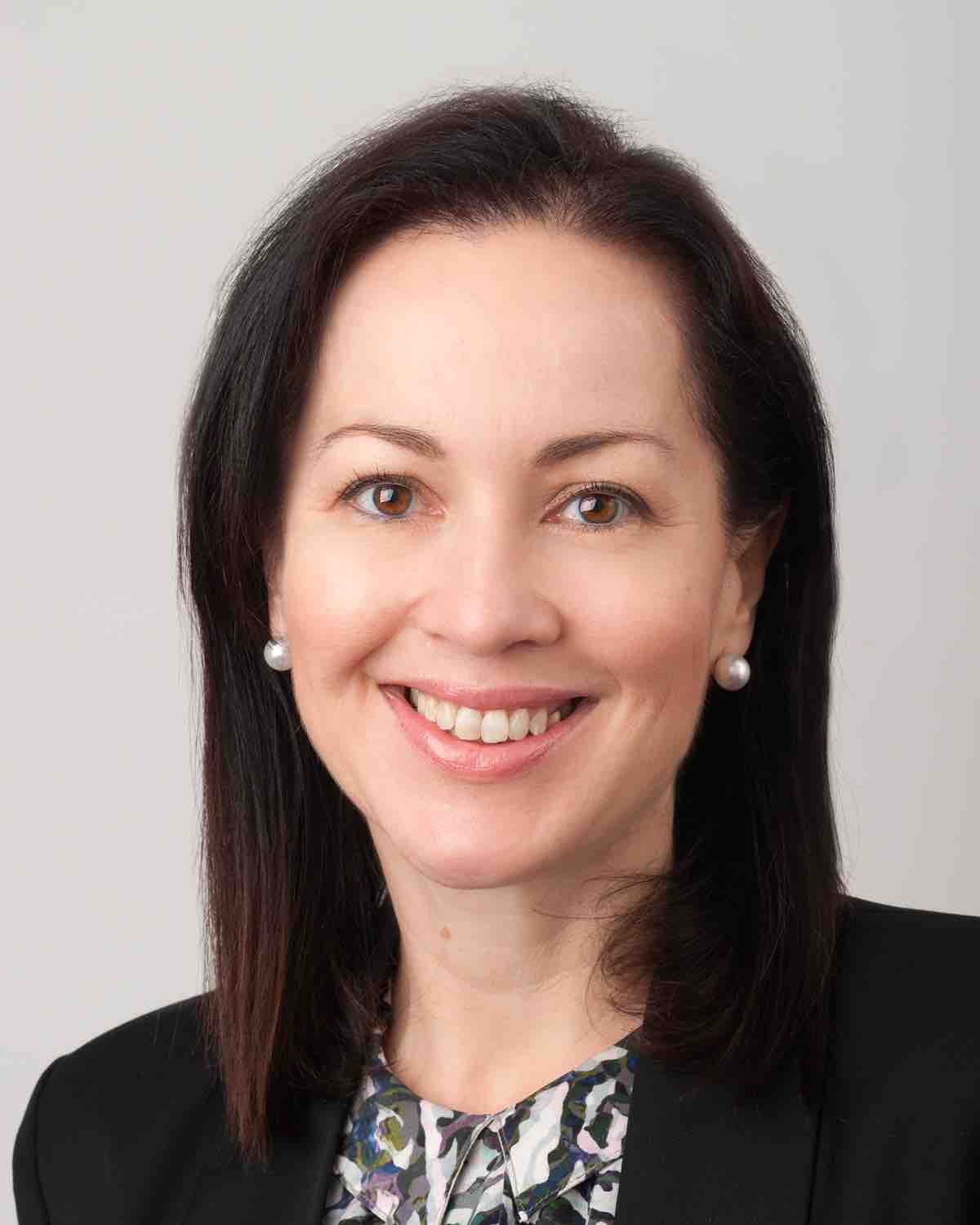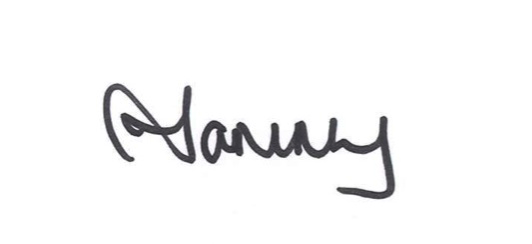
How do you begin to describe a career so rich, so varied and interesting? Fiona Kalaf’s route and growth as a leader has had many twists and turns; and yet when viewed in hindsight position her perfectly for her current role as CEO of Youth Focus.
Her career path
Her career started after completing a double degree – Bachelor of Arts in Fine Arts and a Bachelor of Architecture. Upon leaving University, Fiona read an article about Trevor Eastwood, then CEO of Wesfarmers describing in part Wesfarmers’ extensive art collection. With what can only be described at chutzpah, Fiona wrote to Eastwood basically saying:
“Wesfarmers has an art collection but no art curator. I am a curator with no art collection!”
The rest, as they say, is history.
There began a career where the new graduate found herself reporting to the soon to be MD Michael Chaney. Chaney, seeing Kalaf’s obvious intellect and capability, rapidly expanded her role so that she was soon also responsible for community engagement and shareholder engagement. He also encouraged her to do further studies in the form of an MBA.
After a stint with Perth Festival, Kalaf was poached by the Commonwealth Bank; once again in an ever-expanding series of roles. It was here that she finished her MBA and had her first exposure to leadership training and development and individual coaching. By the time she finished at the bank, she was head of office for branch and retail networks across WA and SA .
With encouragement and support from Andrew Thorburn (now CEO of NAB), Kalaf moved to Asgard, a division of St George Bank – during a period of immense growth. Kalaf was responsible for operations, IT– where it grew from $16 billion in funds under administration to $32 billion.
She then moved to HBF, reporting to CEO Elect Rob Bransby (now Managing Director of HBF) in a role where she was responsible for the financial service business (and was licensee for HBF’s Australian Finanical Services Licence (AFSL)), the Enterprising Ventures subsidiary company (which owned dental practices and optical stores at the time) and rolling out a significant cultural change in the form of the “Member First” programme.
Kalaf spent an exciting period with a FinTech start up; during which she was also consulting a few days per week, and it was during this period that she was asked to apply for the role as CEO of Lifeline.
I asked Kalaf about the move from what was an exciting and successful career in financial services and corporate to that of the not for profit sector, as it’s a move that may not seem immediately obvious.
Kalaf talked about how the theme running through all her roles was that they were values driven. She made the point that one of the things she loved about banking was the purity of integrity. “There are no degrees of dishonesty in banking. You’re either honest or you are not.”
Kalaf described how the Lifeline role was an assembly (I think of it almost as a medley) of all the different parts of her career.
In addition, to her new role at CEO of Youth Focus, Kalaf sits on a number of not for profit boards, including Healthway, the Australian Institute of Management WA and the Metropolitan Redevelopment Authority.
Talking about leadership
Kalaf talked about how she has always been put into leadership roles; how perhaps people recognised something in her from an early age because – in hindsight – I was given leadership opportunites, albeit that I didn’t recognise them as such at the time (eg in primary school as bus monitor, house leader etc etc). She talked about how quite early on, she was provided opportunities to develop her emotional and social intelligence, and how invaluable this has been to her career.
The difference between management and leadership
We talked about how even in the very early days of her career Kalaf had access to Harvard Business Review articles that started talking about the concept of leadership being different to that of management. She made the point though: “and you have to be a good manager too.” It’s no good being all about the strategy and vision if you can’t manage the day to day.
What makes a good leader?
Kalaf talked about how there has been a movement away from the charismatic leadership model of the past, to a much more conscious form of leadership.
“The best leaders are authentic. The sort of person that people trust and want to follow.”
I asked her whether you can learn to be a leader or is it something you’re born with. She replied that you can learn, but you need to have good bones to begin with. So “yes… and no.”
Other core elements of being a leader include: consistency, intelligence (all the varieties, not just intellectual), and humility.
On why humility and failure is important as a leader
Kalaf talked about how when you’re a leader there is an expectation that you know what you’re doing, that you will make the decisions when needed. This needs to be balanced by being able to ask and accept advice in a way when necessary. Humility allows a good leader to be able to do this.
Kalaf also said that failure can sometimes provide someone with the capacity to have some empathy; and that this is also key to good leadership.
On her “crucible” moment
We know that many leaders have “crucible moments”; difficult times from which they emerge forever altered. Kalaf talked about how in a very fortunate life, the massive and life-changing period for her was the breakdown of her long-term marriage.
The impact of that breakdown was a deep look at all aspects of her life and her work/life balance.
Keeping work and life in balance
Kalaf talked about how she now has a personal plan where she sets herself goals in key areas of her personal life. She does this because she wants her life to more than just about an interesting and slightly eccentric career. She doesn’t want the people and things that are important in her life to be just leftovers – allocated time when and if work allows.
“As a leader, you need to create your own balance. It takes a lot of energy to be a good leader and even more to be a great leader.”
She talked about how the basics of leaving work promptly, getting a good night’s sleep etc, all allow her to be energetic and present when she is at work. For me, some basics are really important in terms of managing my energy and, therefor, my effectiveness on a daily basis: hydration, nutrition, exercise and rest.
“This is especially the case for me given the subject matter of youth suicide – it’s all the more important to me that I have ‘protective factors’ in place because the vicarious trauma of the subject has the potential to drive negative effects on one’s own emotional wellbeing.”
On the importance of mentors
All through our conversation, different people were peppered through as examples of mentors. Kalaf says that these people have been critical to her development over the period of her career.
She also made the point that giving back/paying it forward/mentoring are super important to her, and that she has always made a point of identifying great people and helping them progress their careers.
On being a finalist in the Telstra Business Women’s Awards
Kalaf talked about how valuable this process was. She said it allowed her to take stock and reflect back on her career. She also said it was another source of networks which are so important.
Key takeaway messages on being a leader
It really is lonely at the top – build a trusted network.
Accept that you are always on show.
Accept that not everyone is going to like you, your decisions, or what you stand for. It’s important to be comfortable with a level of conflict and tension.
Thanks Fiona, it was a wonderful, energising conversation and I look forward to hearing more great things about you and your career as the years go on.
For more on this series of great leaders, you can read about Sonja Cox here, and Angie Paskevicius here.
Until next week, happy leading.


